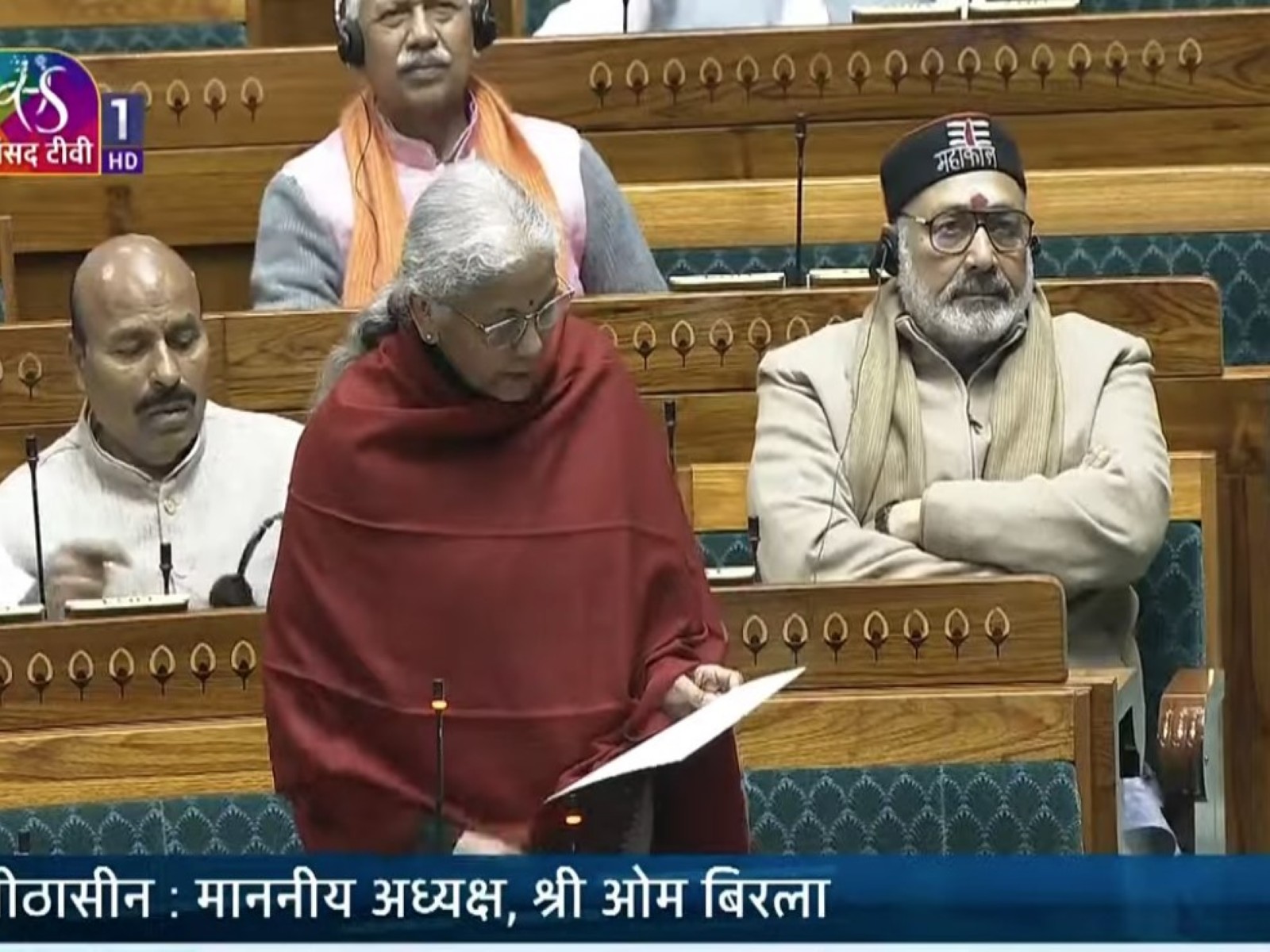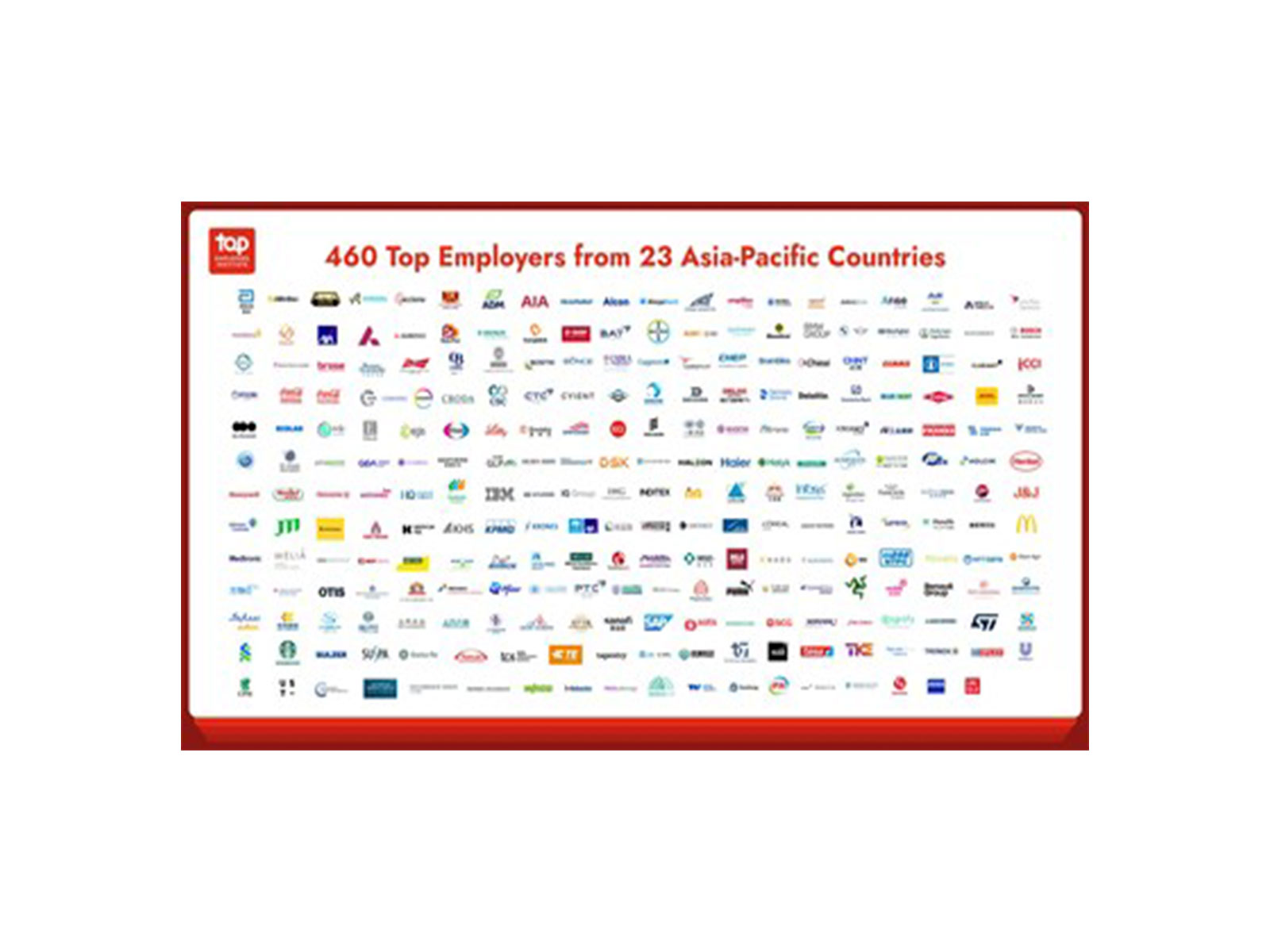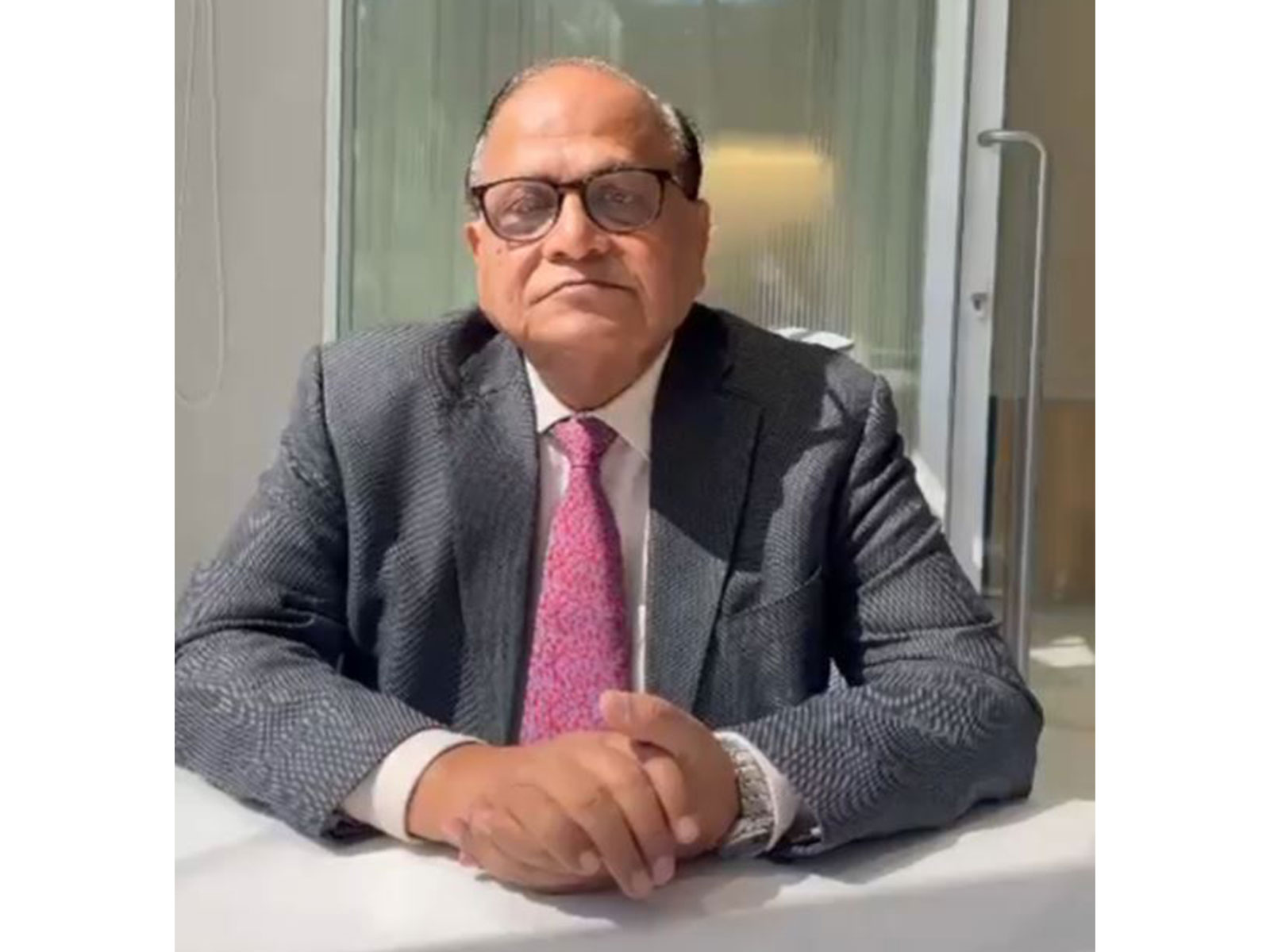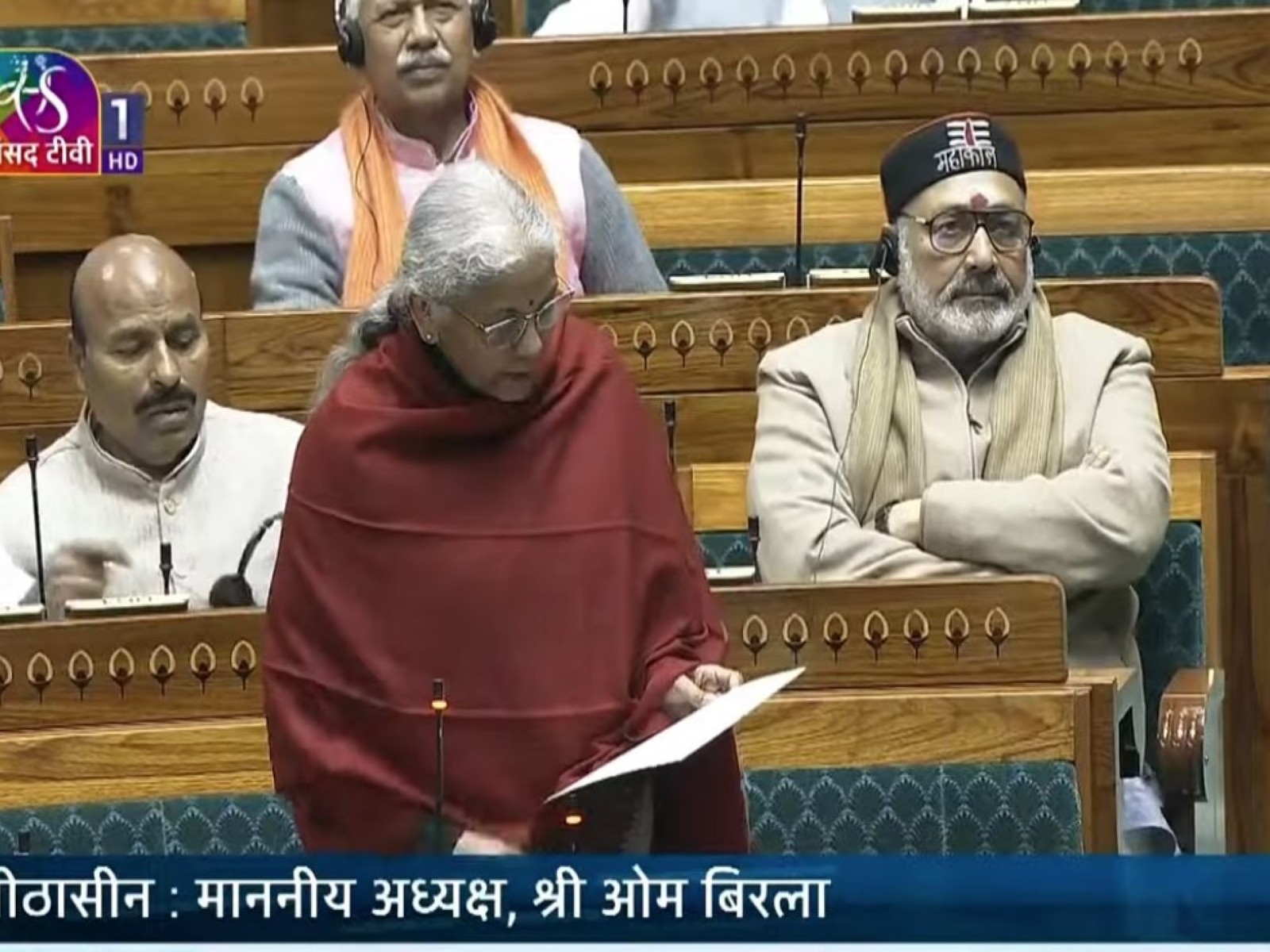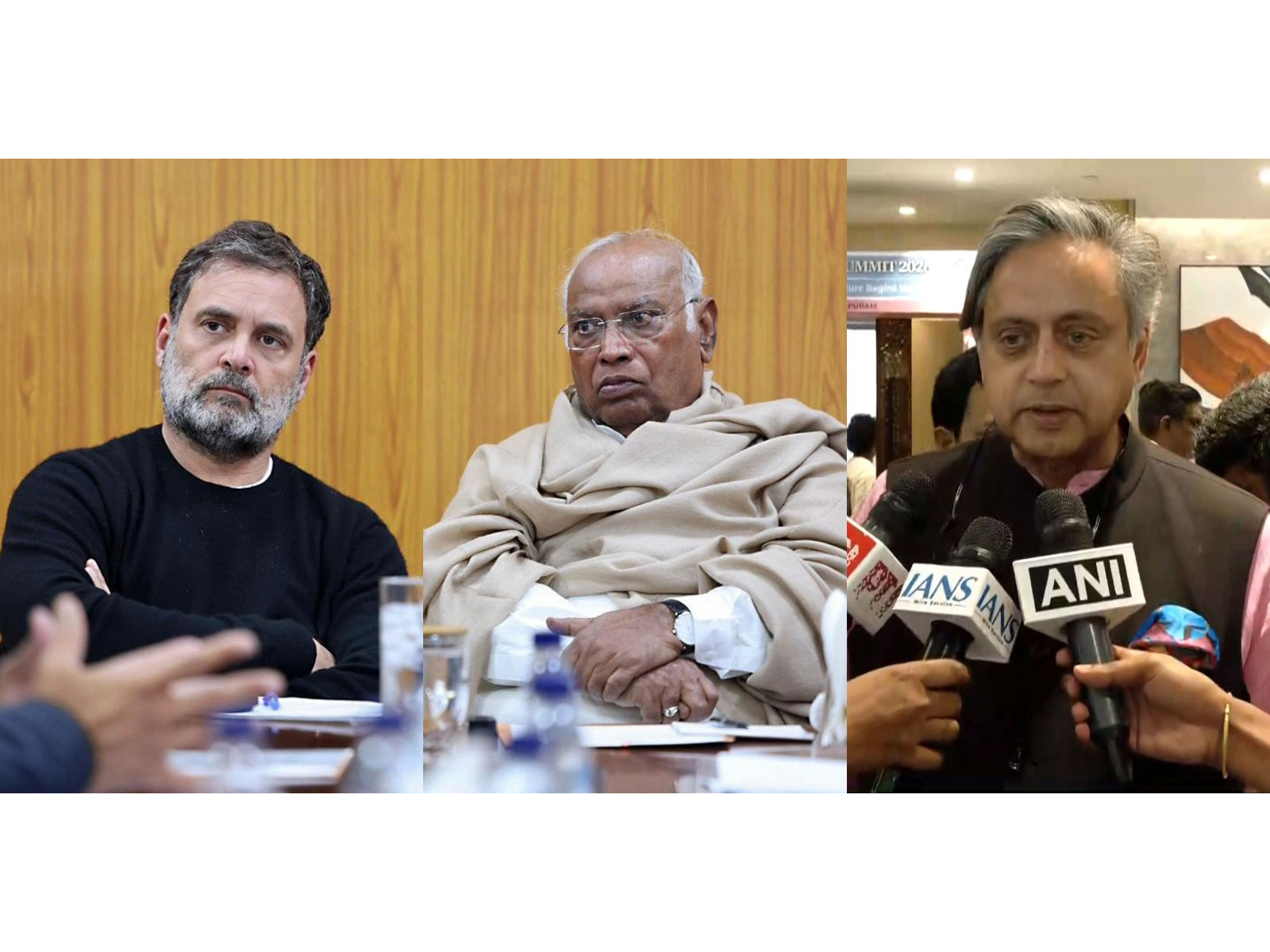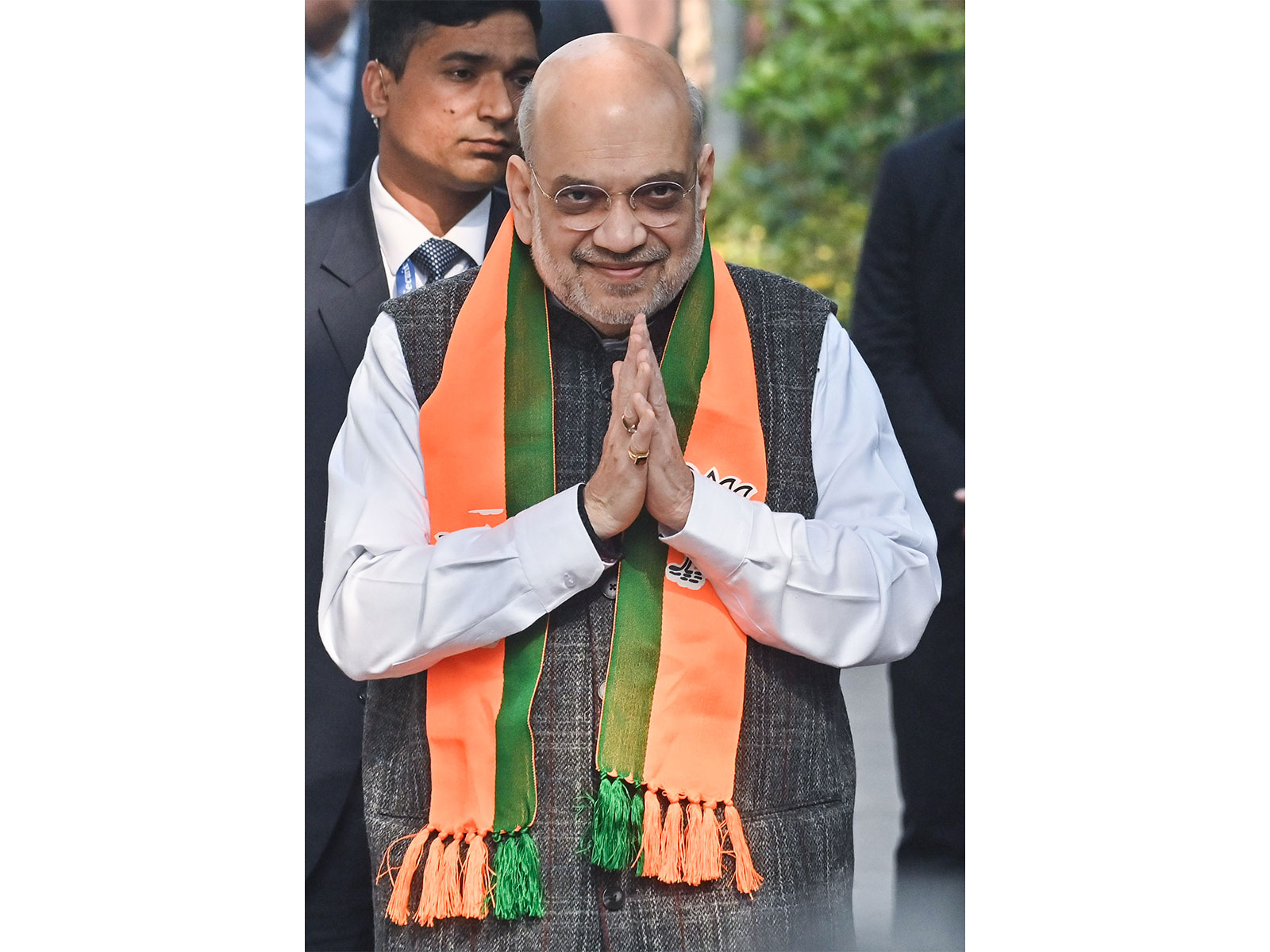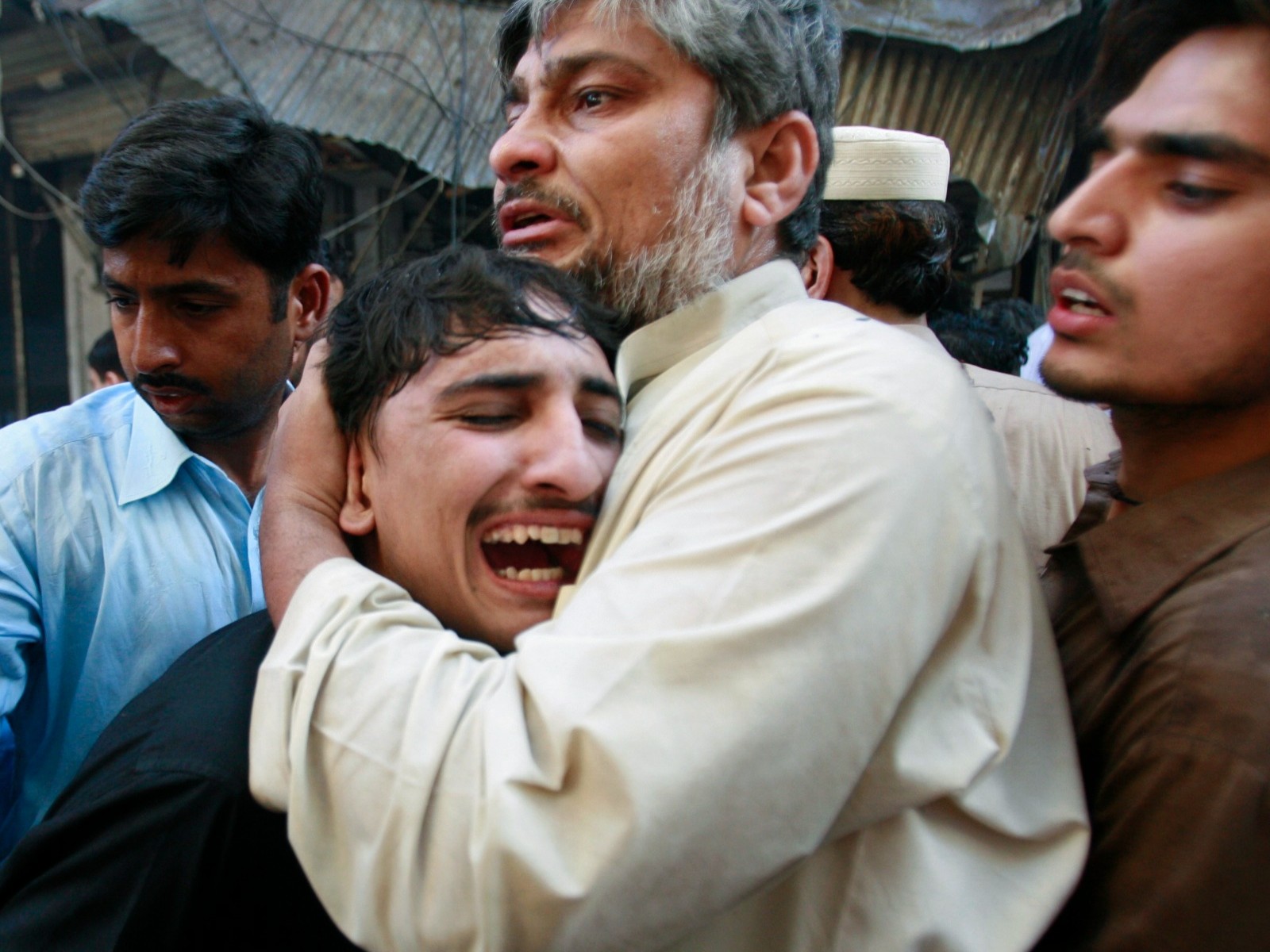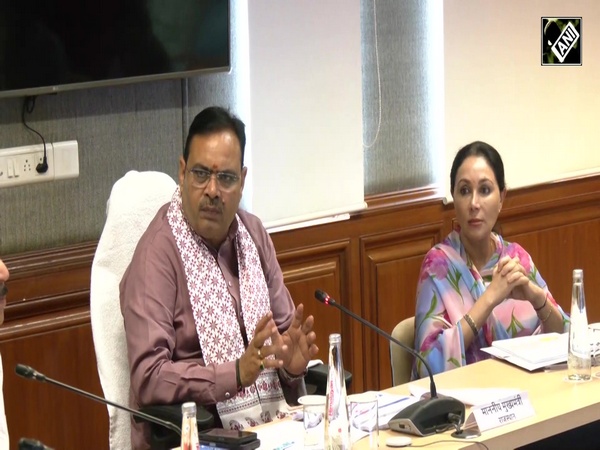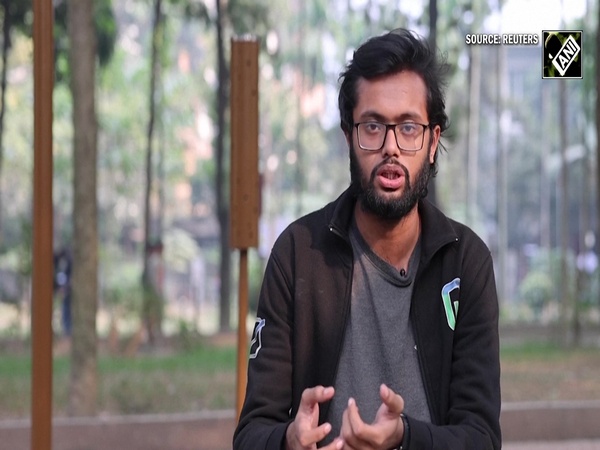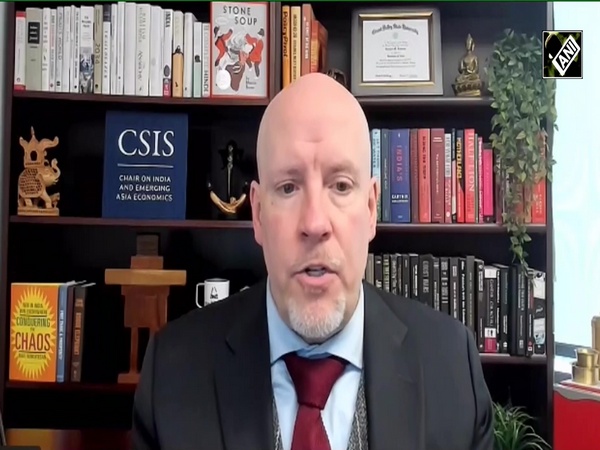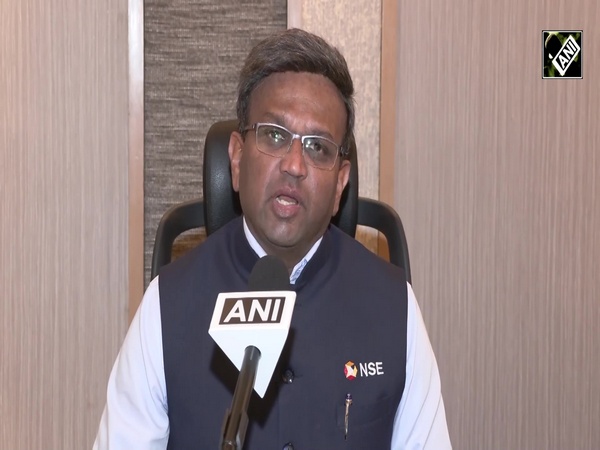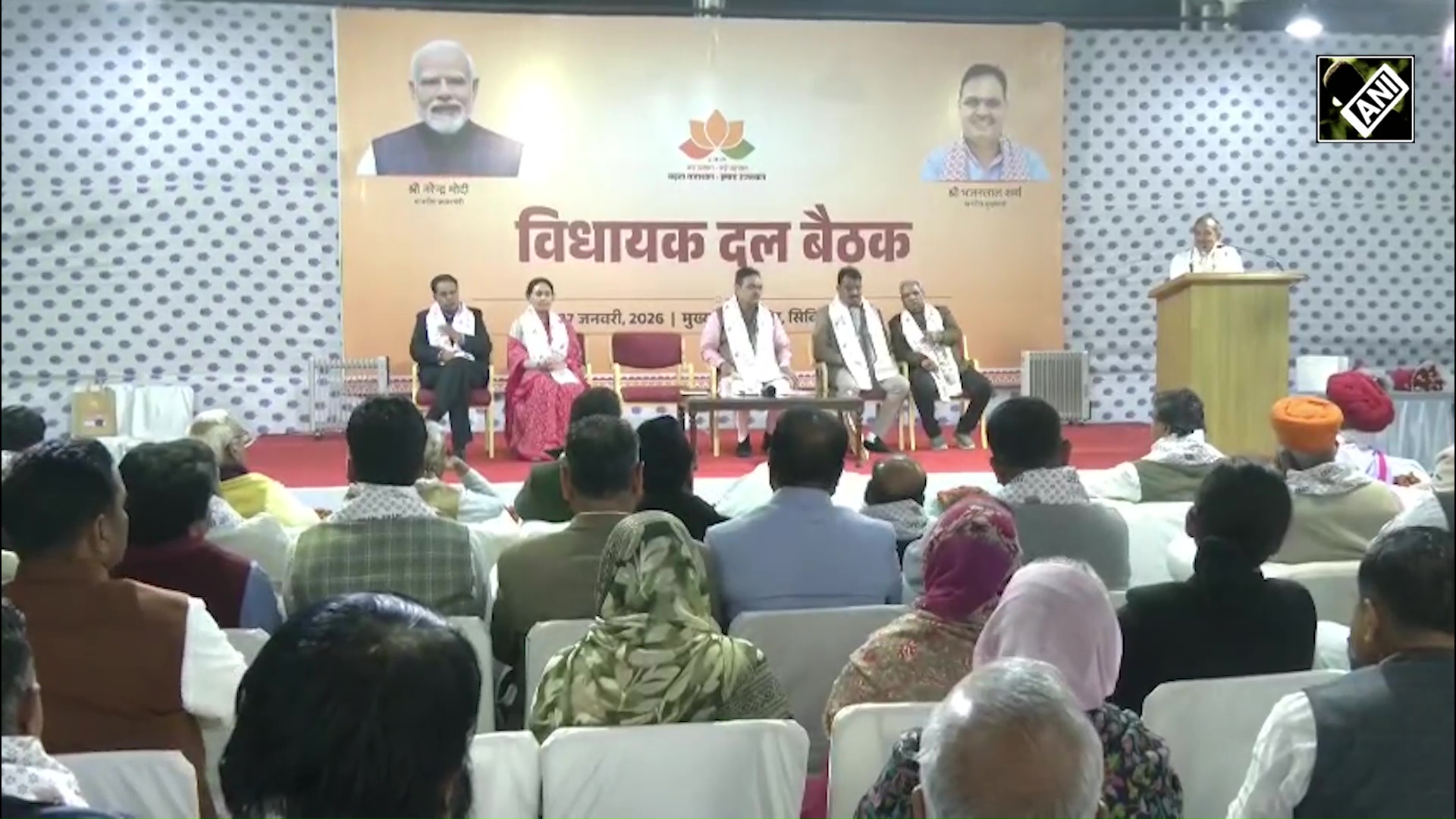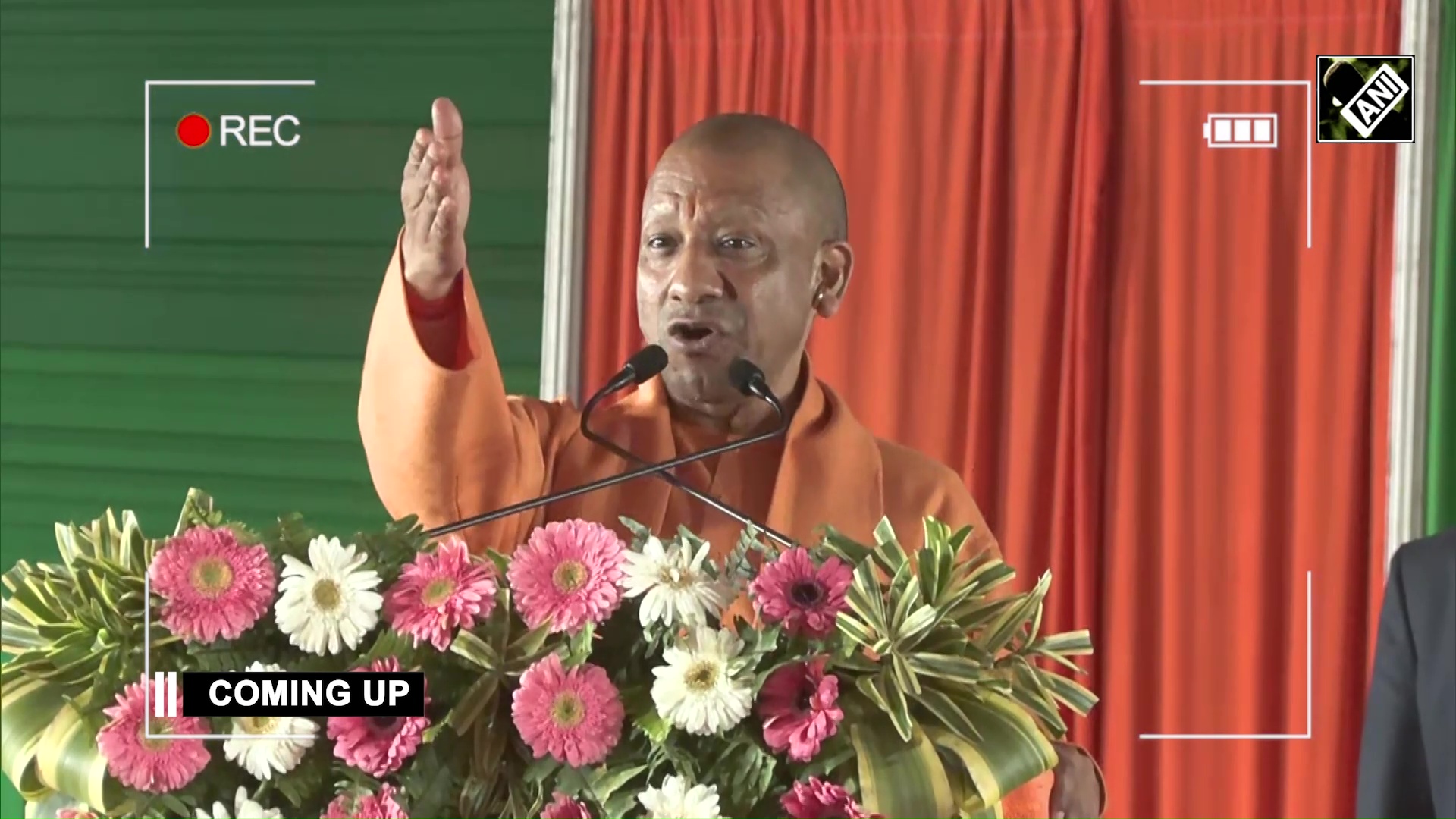International education experts exude optimism in Covid times, ask students not to give up on their career dreams
Jul 25, 2020

Lucknow (Uttar Pradesh) [India], July 25 (ANI/BusinessWire India): International higher education experts expressed optimism, while also agreeing that there were some challenges, during the 'Studies Abroad in Covid Times' webinar organised by the Institute for Career Studies (ICS), on Friday evening.
Dr Amrita Dass, Founder-Director, ICS, said that the session was especially organised to allay the worries of students and parents. "It is important to make informed decisions, especially when planning to study abroad, as the cost is usually high. We invited experts who we knew would be able to guide students to a future of happiness and success, despite the current challenges," she said.
Globally renowned Finnish entrepreneur, Peter Vesterbacka, who is known for developing the hugely popular online game Angry Birds, said that his country was dealing with the issue of an ageing population and looking at getting qualified professionals to fill up job vacancies.
"Education in Finland is very affordable. Also, a good education is about fantastic jobs too. Here in the tech industry, we have about 50,000 jobs that need to be filled over the next few years. While covid has impacted the world economy, students can stay on in Finland for work after completing their studies," said Vesterbacka who is associated with 11 universities.
Sandeep Sharma, director, student recruitment & partnership, South Asia, University of Essex, England, observed that while it was natural for students to be anxious, it was also important to be informed about what governments were doing to mitigate the Covid impact for facilitating higher education.
He said that considering the current situation, Essex and other universities were not making academic references mandatory, this time. "We understand that offices are closed. Generally, there's a sense of flexibility. A lot of UK institutions will be happy to host international students in October. So, undergraduate students looking to study in the UK can still apply through the UCAS and join the October session," said Sharma.
"Five to ten years down the line, we would have anyway moved to blended learning. The pandemic just fast-tracked it," he added.
Regarding health and well-being, he said that the NHS insurance of Rs 40,000 would cover any Covid-related expenditure for students - be it medication or treatment.
Answering student queries about internships and post-study jobs, Scott O'Neill, associate director, marketing & undergraduate recruitment, University of Waterloo, spoke about co-op, which is a supervised and paid job internship for students. It is unique to Canada and prepares students to enter jobs equipped with the right skills. "Our co-op programme leads to cash flow. Students can also work part time and further bring down their expenses," he said.
O'Neill said that many Canadian universities, including Waterloo, were looking at being very flexible. "At Waterloo, we are not just getting ready for the Fall, our academic process is already functioning. Classes, for now, are online and all efforts are being made to provide students all the assistance they need - access to teachers, attending seminars or any other activity," he said.
The panelists also threw light on the sectors that had emerged as winners after the pandemic. "A lot of traditional businesses and courses will have to be revisited and redesigned. A combination of data analytics with biotech or with economics would give students an edge, enhancing their employability - so will studying robotics or digital marketing. A lot of universities are talking to industry experts to come up with relevant programmes for their students," said Sharma.
Amber Longtin, Senior International Admissions Counsellor, Michigan State University, USA, addressed the concerns of students and parents. "Remember, US is huge. It is not centralised and not all places follow the same protocol. Hence, you will find a lot of different reactions to the pandemic. Over a million international students come to US every year. Supporting them is very important to the universities," she said.
"So, you saw how universities reacted swiftly," she added, referring to the recent announcement by the US Immigration and Customs Enforcement (ICE) agency, which said that foreign students had to leave US if their Fall classes were completely online. The decision had evoked sharp response from prestigious universities, including Harvard and MIT, and had to be withdrawn.
"Schools are making it easier for students to connect with them. At Michigan State, we are adopting a hybrid model where some classes will be in person but the majority will be conducted online," further said Longtin.
She clarified that the Optional Practical Training (OPT) was still available to STEM students for three years and to the others for a year's duration, giving them an opportunity to earn after studies.
Anju Singh, regional director, global operations, University of Arizona, said that foreign universities were collaborating with Indian institutions for Transnational Education (TNE) where course credits were transferrable. "Currently, there's a lot of uncertainty. With salary cuts and downsizing, many won't be able to afford an education that's entirely abroad. This is where TNE greatly helps. We have launched this model through the University of Arizona's global campus in India," she said.
"There are various models. For instance, you can get your international degree by studying in India entirely, or you can study partially in India and partially abroad," said Singh, while explaining how the system works.
This story is provided by BusinessWire India. ANI will not be responsible in any way for the content of this article. (ANI/BusinessWire India)
